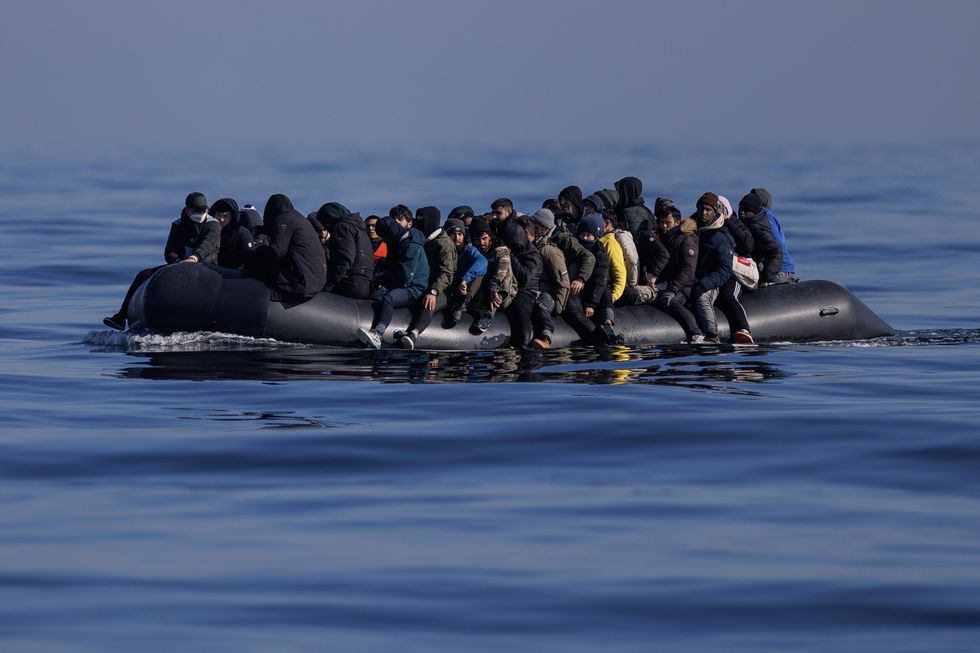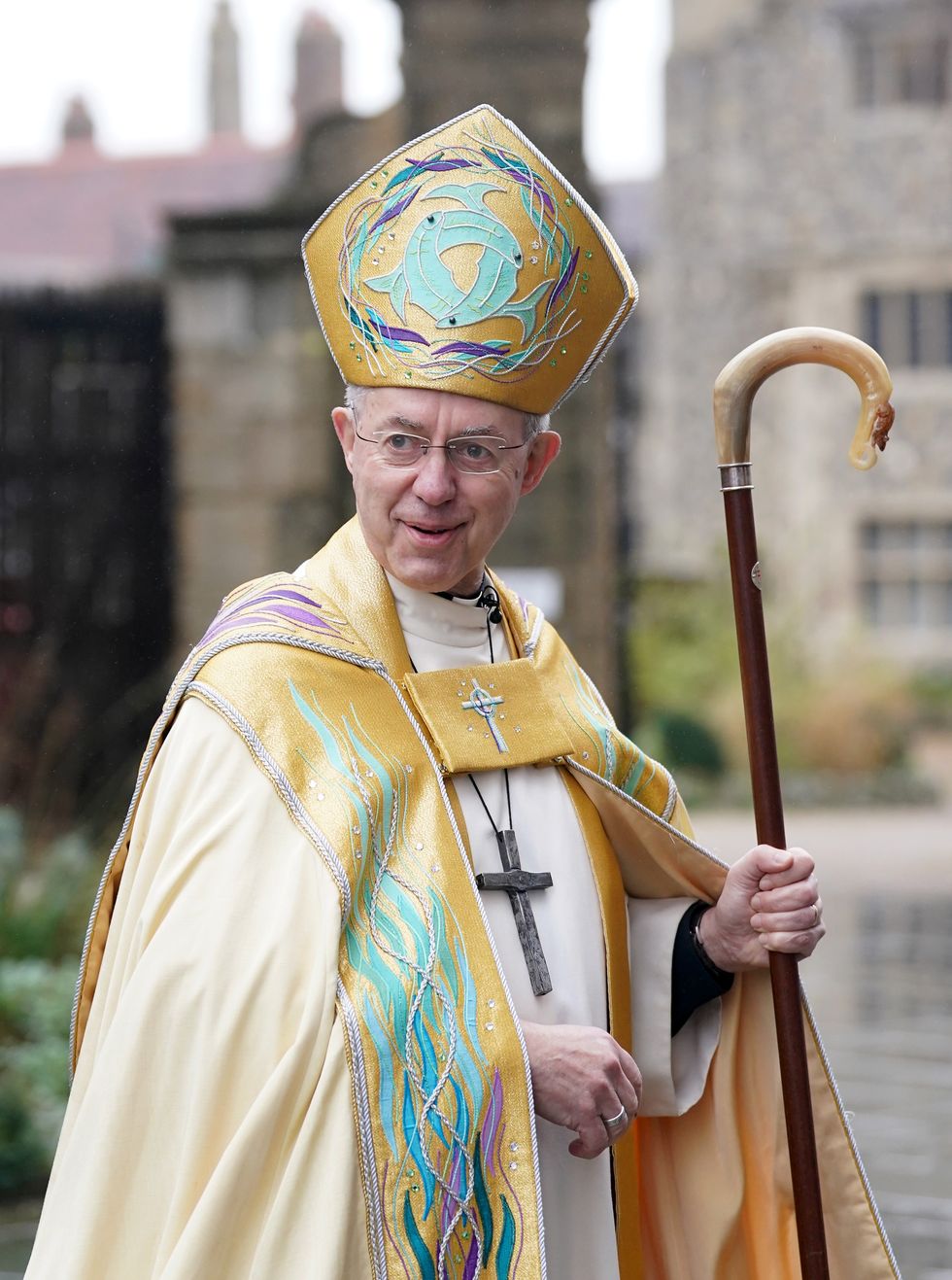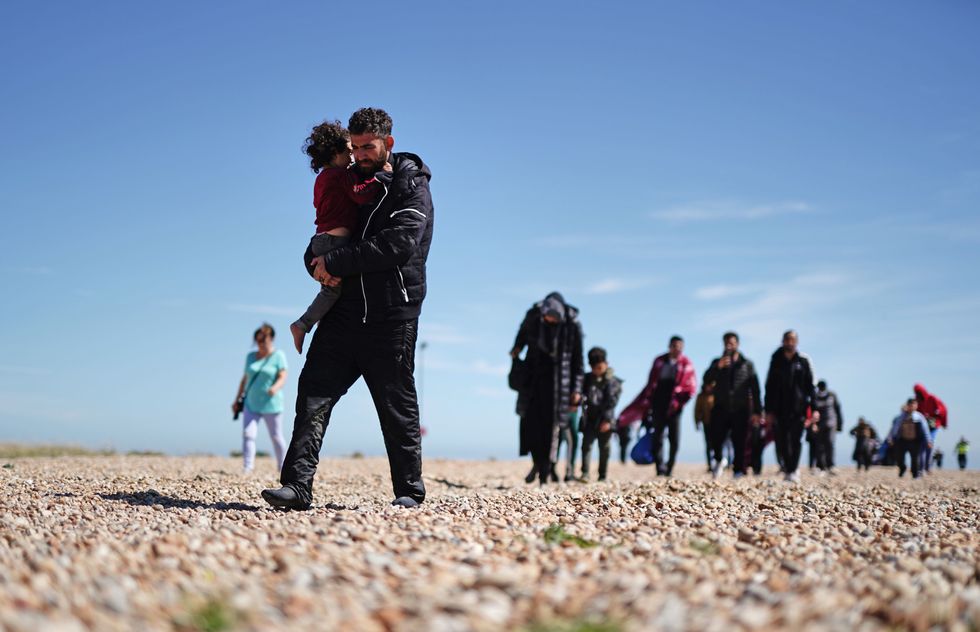The Home Office confirmed conversion does not guarentee a grant of asylum
Don't Miss
Most Read
Trending on GB News
An asylum seeker has exposed how illegal immigrants deliberately convert religion to stay in the UK.
The Church of England is coming under fire from MPs after hearing how migrants use conversion to bolster claims.
The Home Affairs Select Committee will quiz senior Lambeth Palace figures about the “genuiness of conversion”.
Asylum seeker Bilal Jaf revealed migrants coming to Britain know changing religions remains an effective method for bolstering an asylum claim.

Migrants have continued to cross the Channel
GETTY
“The best way to get a paper [giving you the legal right to stay] in Europe is if you can convert from Muslim to Christian," the Iraqi Kurd told The Daily Express.
“If they know you are atheist and convert there it’s not [as effective].
“They will visit a church until they get a paper [to stay in Britain]. After that they don’t care and don’t go.
“The second way [to boost claims] is to change their sexuality to be gay or lesbian or to say they identify [as a different gender].”
LATEST DEVELOPMENTS:
The Church of England, spearheaded by Justin Welby, is coming under fire for conversion
PAConcerns about conversion last month forced Home Secretary James Cleverly to investigate how asylum seekers use religion to bolster claims.
Clapham chemical attacker Abdul Ezedi and Liverpool hospital bomber Emad Al Swealmeen both converted to Christianity.
Jaf said: “The guy who converts for the reason [of staying in Britain] is not a good guy, they don’t have humanity or morals.”
The Home Affairs Select Committee will also examine how churches assess conversion.
 A picture of Channel crossing migrants arriving in KentPA
A picture of Channel crossing migrants arriving in KentPAA Church of England spokesperson said: “It is the duty of the Home Office, not churches, to make decisions on asylum applications.”
A Home Office spokesperson added: “All asylum claims are carefully considered on their individual merits in accordance with the immigration rules.
“This means that religious conversions do not guarantee a grant of asylum.
“We have engaged with a wide range of stakeholders to help us to improve our policy guidance, training for asylum decision-makers, and to ensure we approach claims involving religious conversion in the appropriate way.”









